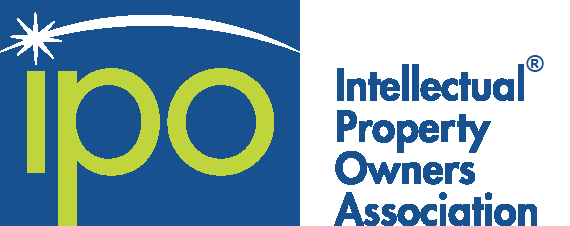These days, many companies are asking questions that cut “across” datasets. They are looking for trends and opportunities that, absent the marriage of multiple data sources, would have otherwise gone unrecognized. The advent of cloud storage, open-source database software, and large-scale commercial processing services has drastically reduced the costs to capture, store, and analyze a new flood of data coming from sensors, devices, video/audio, networks, log files, transactional applications, web, and social media – much of it generated in real time.The increased focus on big data has brought with it challenging questions about how companies can protect their intellectual property. This webinar takes a global and comparative look at protecting inventions to collect, process, and make sense of big data.
Our panelists are an in-house attorney with a U.S. company at the forefront of related developments, a European IP attorney and software expert who has spent more than a decade in managerial roles for American, Swiss, and German companies, and a Chinese patent prosecutor who specializes in telecommunications and software. They will discuss:
• The decision whether to pursue patent protection or to rely on trade secrets
• Subject-matter guidelines regarding patent eligibility in the U.S., Europe, and China
• Limitations on functional claiming
• How to show patent examiners in Europe that a big data invention is “technical” enough to be entitled to protection
Speakers:
- Paul Leblond, Google Inc.
- Guide Quiram, Michalski Hüetterman & Partner
- Tiecheng Yang, Unitalen Attorneys at Law

